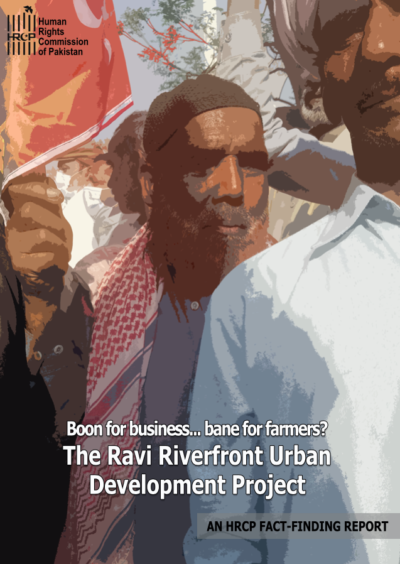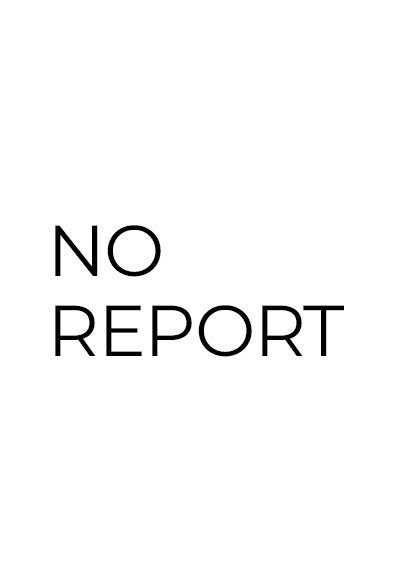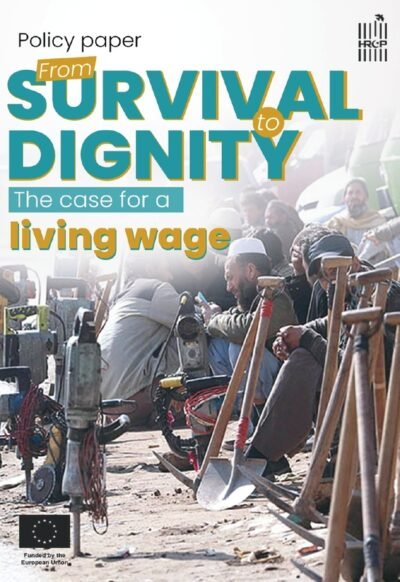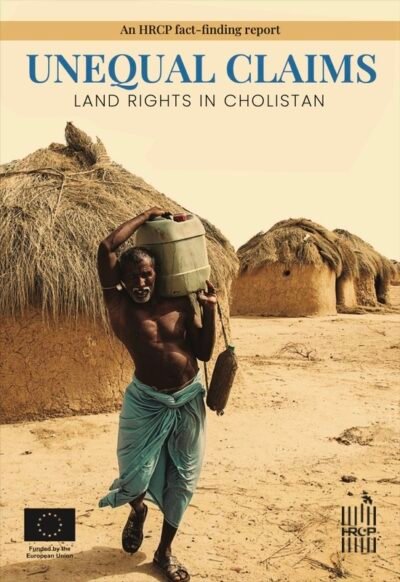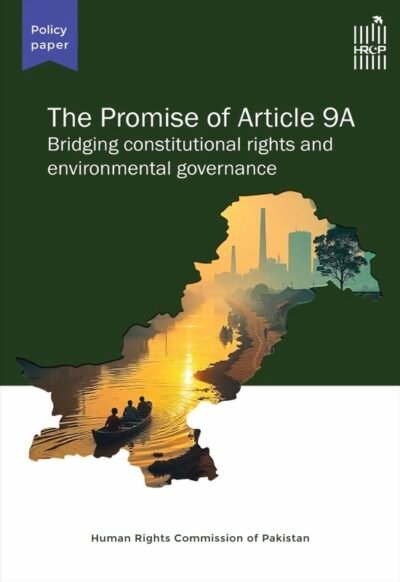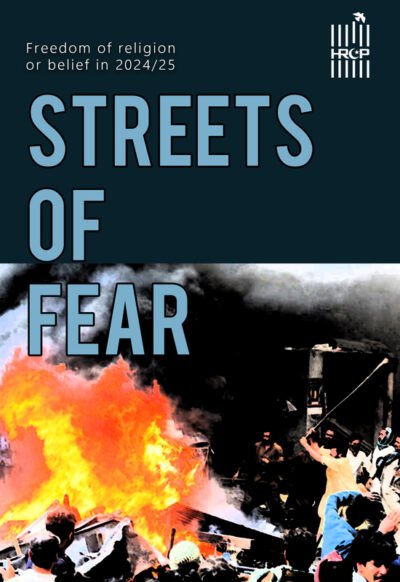Since late 2020, the Human Rights Commission of Pakistan (HRCP) has been alarmed by the launch of the mammoth Ravi Riverfront Urban Development Project (RUDP) by the Punjab government under the direct supervision of the prime minister. The project has been plagued by myriad controversies since the outset—from the expected damage to the environment to the very real loss of livelihoods for small landowners. Moreover, the involvement of private real estate developers in the reportedly multi-trillion-rupee venture makes the entire exercise even more suspect vis-à-vis official claims that the exercise is for the ‘benefit of the masses.’
Farmers, whose lands the government has begun to take over, are up in arms against forcible evictions and various state pressure tactics, while activists continue to voice their concerns about the project’s environmental cost.
With numerous civil society organisations and rights activists stirring into action, HRCP constituted a fact-finding mission to scrutinise the various impacts of the project, most notably violations of human rights, and to present possible mitigation measures to assist landowners as well as other civil society partners. In this regard, a consultation was organised on 26 January 2021, mostly with subject experts, urban planners, environmentalists, lawyers and HRCP members, including chairperson Hina Jilani. HRCP members also attended various protests and meetings to collect data for this report.
A mission comprising Raja Ashraf (HRCP Punjab vice-chair) and Fatima Faisal Khan and Salman Sikandar (staff members) visited several affected villages on 4 March 2021 and interacted with residents to determine first-hand the human cost of the project and see facts as they exist on ground.
This report is based on material collected during these field visits as well as consultations and interviews with numerous stakeholders—including protesting farmers and environmental experts—held from January to March 2021. It concludes with a set of findings emanating from the mission’s work, along with recommendations for civil society partners on the way forward.


